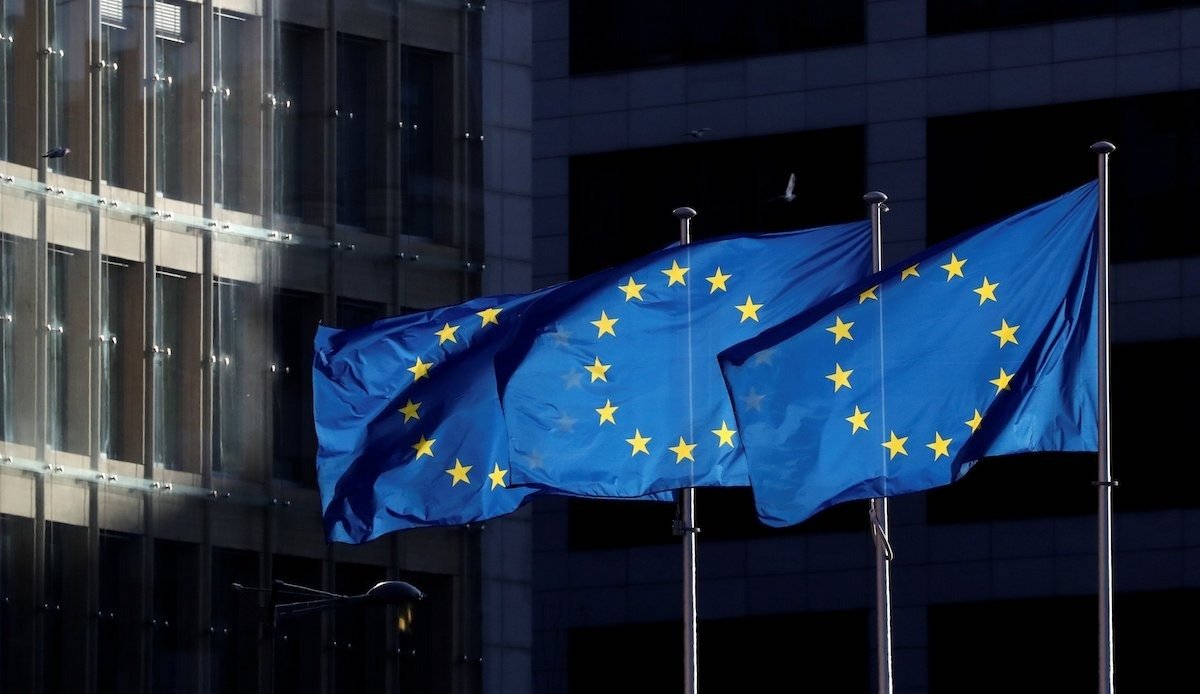A European Parliament committee has advanced an agreement between member states on the Digital Markets Act, which if passed as it presently stands, will force Apple and others to open up otherwise restricted app stores, hardware features, and more.
On Monday, The EU Parliament's Internal Market Committee approved the provisionally reached agreement with 43 votes in favor, one vote against, and one abstention, the legislative body has announced. The approval marks another crucial step toward the DMA becoming law in Europe.
"Today's overwhelming majority shows that the Parliament stands united against the unfair practices of gatekeepers," said Andreas Schwab, who led negotiations. "This is the penultimate step for the DMA to enter into force - for me, it has always been important to fast-track this law while making it better."
The Digital Markets Act and the Digital Services Act will place a bevy of restrictions on so-called "gatekeeper" companies like Apple and Google.
For example, the rules could force Apple to allow third-party app stores on its platforms, make iMessage interoperable with other communication apps, and end self-preferencing of first-party apps within marketplaces.
Futhermore, it requires the companies to open up NFC communications, features like ultrawide broadband implementations, and other specific hardware features tied to an integrated ecosystem. Both software and hardware are under the gun for opening to others to use.
The rules will come with strict penalties for noncompliance. The European Commission can levy fines of up to 10% of a company's global revenue from the proceeding financial year. Those fines can reach up to 20% in cases of repeated violations.
Both the DMA and the DSA are slated to go before Parliament for a final vote in July. Once that happens, they will be formally adopted by the Council and published into the EU Official Journal.
DMA regulations could go into effect 20 days after the publication, and its provisions will begin to apply to businesses six months afterward.
- Karlston, franco46 and lurch234
-

 3
3



Recommended Comments
There are no comments to display.
Join the conversation
You can post now and register later. If you have an account, sign in now to post with your account.
Note: Your post will require moderator approval before it will be visible.